When you invest in an ETF, you’re buying a slice of a larger basket of securities. The ETF sponsor (the company that creates the ETF) is responsible for managing the underlying holdings and for calculating and publishing the ETF’s net asset value (NAV) each day. An ETF’s expense ratio is the percentage of the fund’s […]
How Often Do Etf Expense Ratios Change
Just as with individual stocks, the expense ratios for exchange-traded funds (ETFs) can change over time. Although the average expense ratio for ETFs has remained stable in recent years, there is always the potential for a fund’s expenses to go up or down. The expense ratio is the percentage of a fund’s assets that are […]
How Do Management Fees Work For Etf
When it comes to investing, there are a variety of options to choose from. One popular investment vehicle is an exchange-traded fund, or ETF. ETFs are baskets of assets that are traded on an exchange, much like stocks. One question that often comes up when it comes to ETFs is how management fees work. Management […]
Etf Expense Ratio When Do You Pay
An expense ratio is the percentage of a fund’s assets that are used to cover annual fund operating expenses. These expenses include management and administrative fees, 12b-1 fees (see below), and other costs. The expense ratio is important because it affects the fund’s return. A fund with a high expense ratio will likely have a […]
How To Pay Etf Fees
When you buy shares of an ETF, you will be charged a fee. This fee, also known as an expense ratio, pays for the management and administrative costs of the ETF. The expense ratio can be a flat fee or it can be a percentage of the amount you invest. The fee is typically expressed […]
Who Pays Etf Fees
When you invest in an ETF, you pay a fee to the ETF provider. This fee, called the management expense ratio (MER), covers the costs of running the ETF. The MER can be a percentage of the fund’s assets or a flat fee per year. It varies depending on the ETF and the provider. The […]
How To Setup An Ethereum Validator
An Ethereum validator is a node on the Ethereum network that helps to maintain the integrity of the blockchain. Validators are rewarded with ether for their work, and are required to have a stake in the network to be eligible for rewards. In this article, we will show you how to set up an Ethereum […]
Where Are Etf Expense Ratios Paid
ETFs are a popular investment choice and can provide investors with a number of benefits, including low expense ratios. But where are these ratios paid? The expense ratios for ETFs are paid by the investors in the fund. This is different from mutual funds, where the expense ratios are paid by the fund itself. This […]
How Etf Fee Is Charged
When you purchase an ETF, you will usually be charged a fee. This fee is known as an expense ratio, and it is how the ETF provider earns money. The expense ratio is calculated by dividing the fund’s annual operating expenses by its average net assets. This number is expressed as a percentage, and it […]
What Is An Etf Expense Ratio
What is an ETF expense ratio? An ETF expense ratio is the percentage of a fund’s assets that are used to cover the costs of running the fund. This includes management fees, administrative fees, and operating costs. The expense ratio is typically expressed as a percentage of the fund’s assets and is calculated on a […]

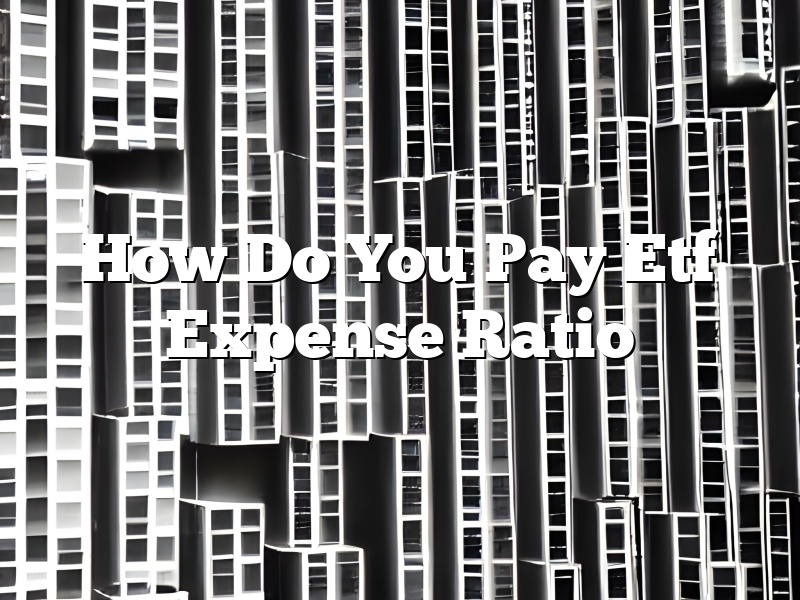



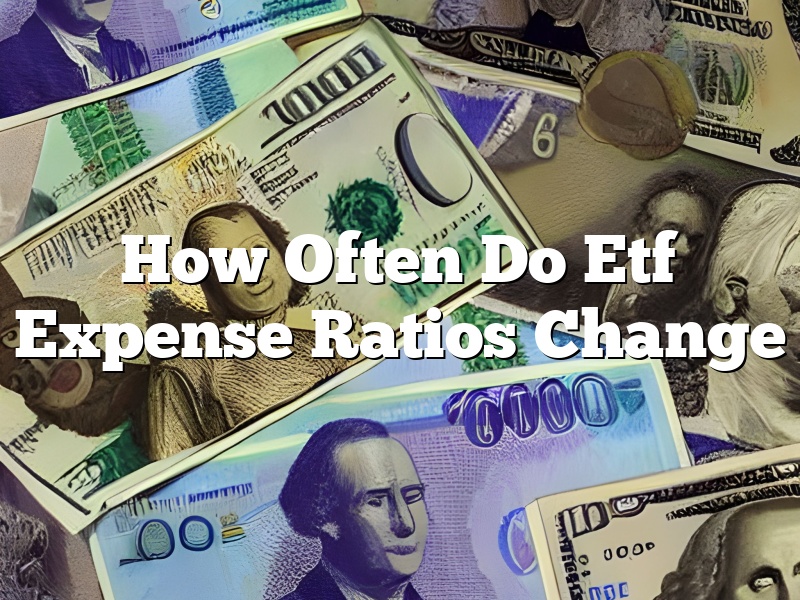



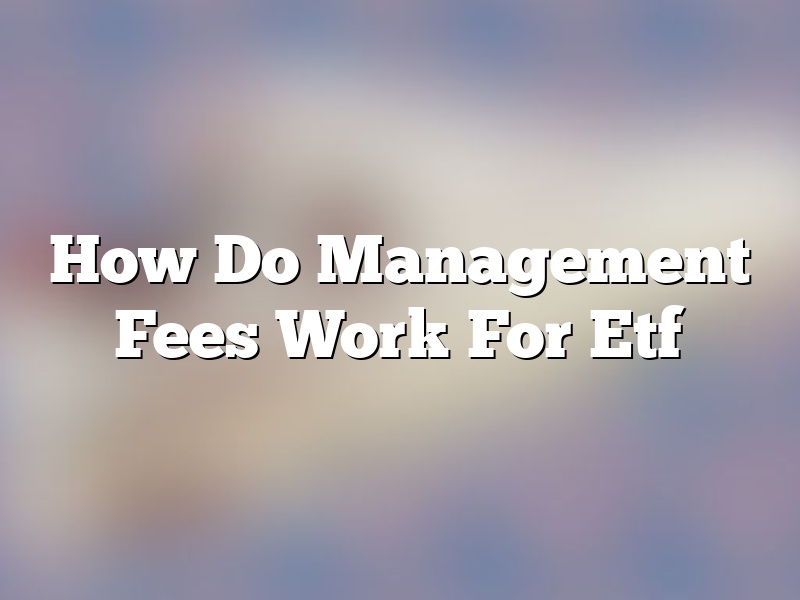



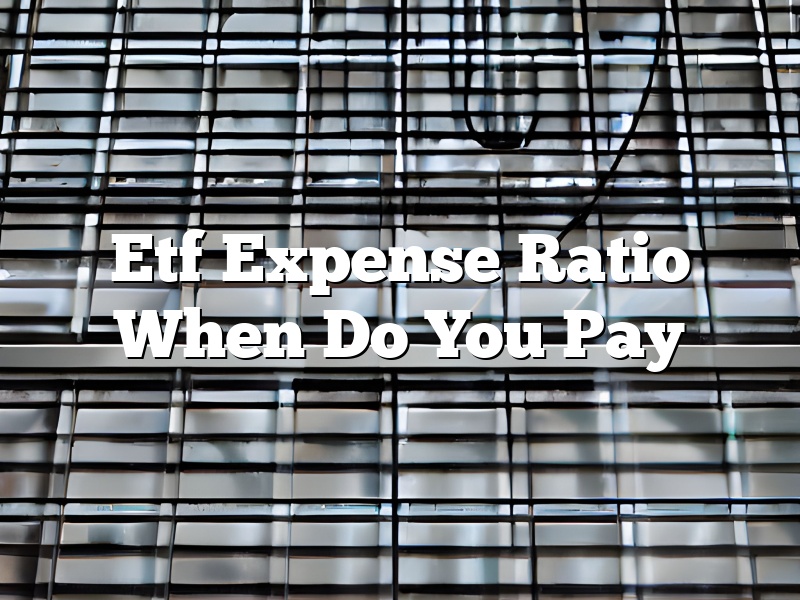
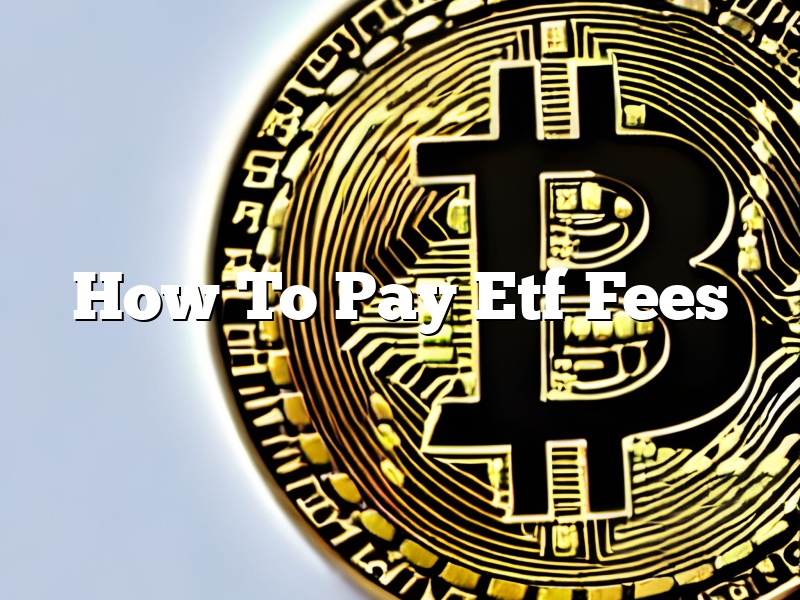



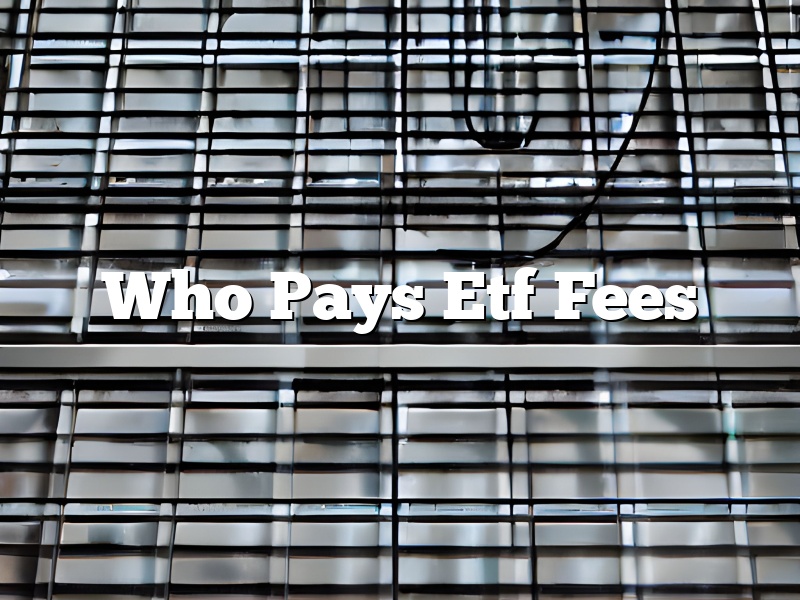
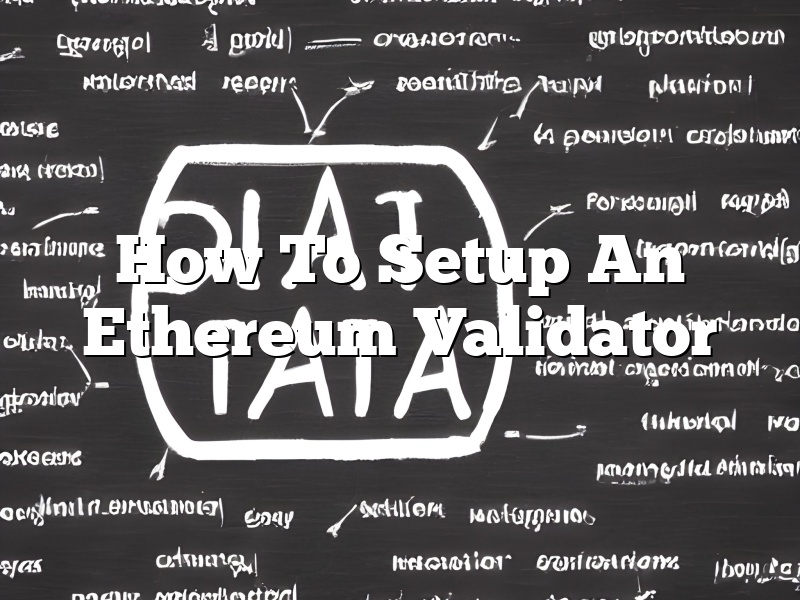
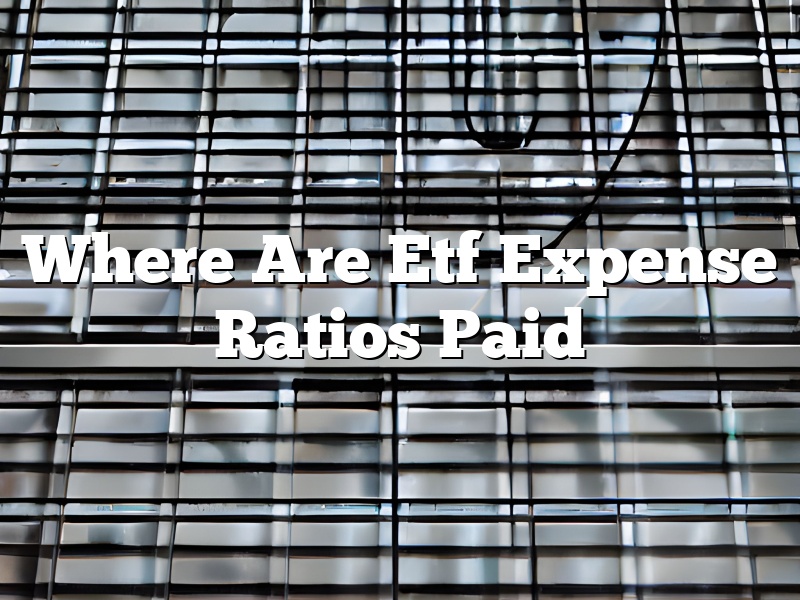




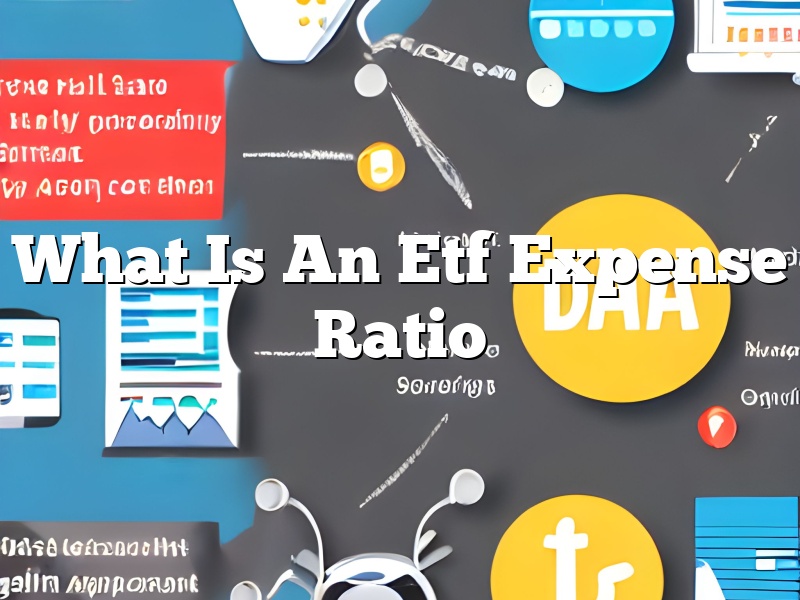

0